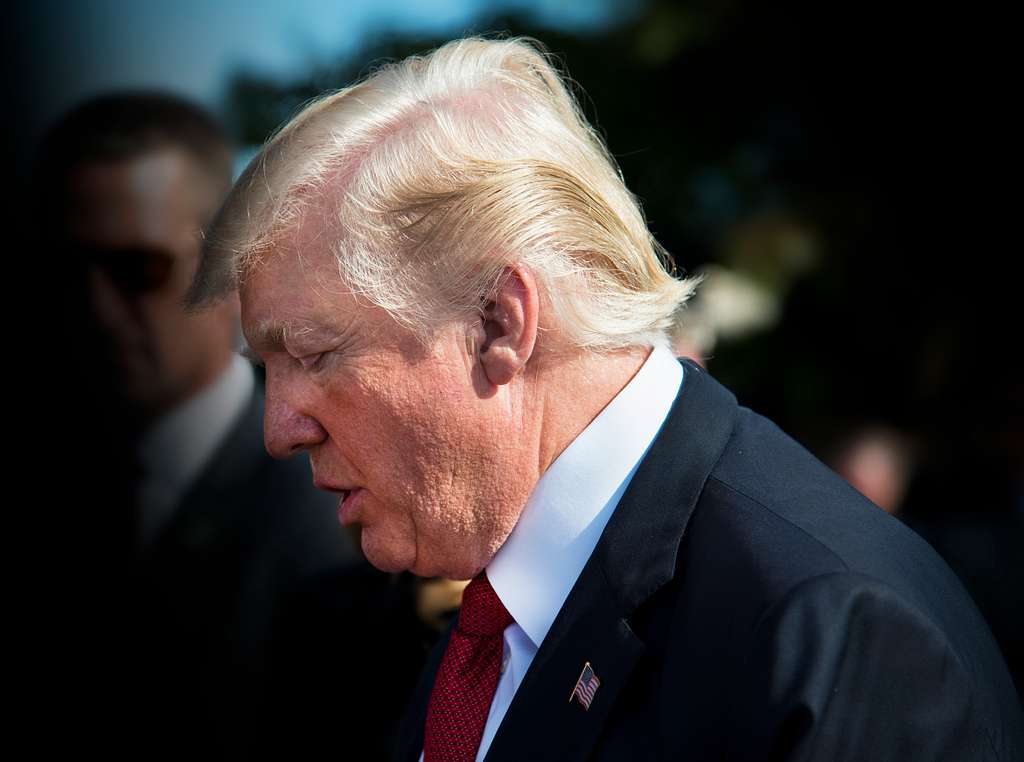Trump’s 2024 Campaign Strategy: Leaner Operations Spark GOP Concerns

Donald Trump’s 2024 presidential campaign is shaping up starkly different from his previous “juggernaut” efforts, as detailed by a new Washington Post report. Instead of expanding, Trump’s team is opting for a “leaner and more efficient” operation, reducing staff and physical offices and relying more on collaborations with external groups. This strategic pivot is raising eyebrows among Republicans in key battleground states, who worry about the campaign’s readiness and resource allocation.
Chris LaCivita, a top strategist for Trump, emphasized this shift at a donor event in Florida, promoting the campaign’s focus on “quality over quantity.” This new direction comes at a time when the Biden campaign is ramping up its efforts, buoyed by the advantages of incumbency and a robust fundraising operation that dwarfs Trump’s, which has been burdened by hefty legal costs.
Significant concerns are emerging from GOP officials in critical states like Arizona, Georgia, and Michigan, where the expected infusion of funds and resources has not materialized. In Georgia, a state Trump narrowly lost in the previous election and which could be crucial in 2024, local GOP strategists like Cody Hall have voiced their worries about the absence of a solid ground game, a key component for winning close races.
Trump’s campaign has scrapped several planned initiatives, including the hiring of regional directors and field organizers and the establishment of new offices, as per the original Republican National Committee (RNC) plans. This has led to unease about the campaign’s capacity to mobilize voters effectively, especially in states that may determine the election’s outcome.
Amidst these operational scale-backs, Trump’s team insists their strategy is informed by lessons from past campaigns, aiming for a more targeted approach that avoids the redundancies and internal clashes of 2020. They are leveraging a recent Federal Election Commission ruling that allows for closer coordination with outside groups, which they argue will compensate for the smaller in-house team.
However, this approach has not assuaged the concerns of many within the party. In Arizona, GOP chairwoman Gina Swoboda and others are sounding alarms over the lack of support, which could be detrimental in a state where the margin of victory was razor-thin in the last presidential election. Similar frustrations are echoed in Michigan, despite some optimism about Trump’s overall team effectiveness.
The Trump campaign’s strategy reflects a broader shift within the GOP, focusing more on election security and integrity rather than traditional voter turnout efforts. This focus aligns with Trump’s personal belief in his ability to energize his base without the need for a large-scale ground operation.
As the campaign progresses, the effectiveness of this “leaner” approach will be tested against a Democratic campaign that is expanding its reach and resources. The outcome will likely influence future Republican strategies and could either validate Trump’s approach or serve as a cautionary tale about the risks of underestimating the logistics of campaign infrastructure.

